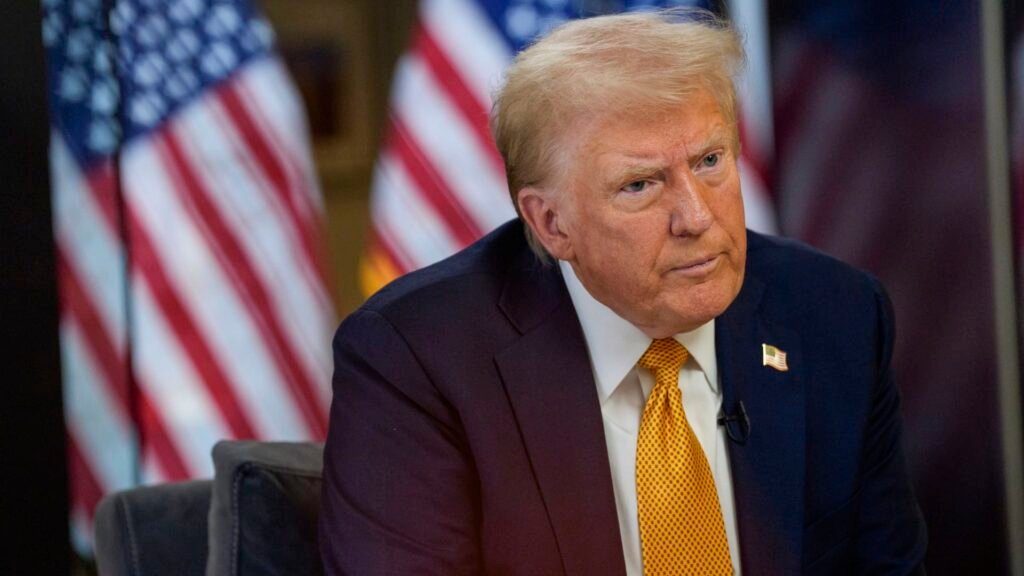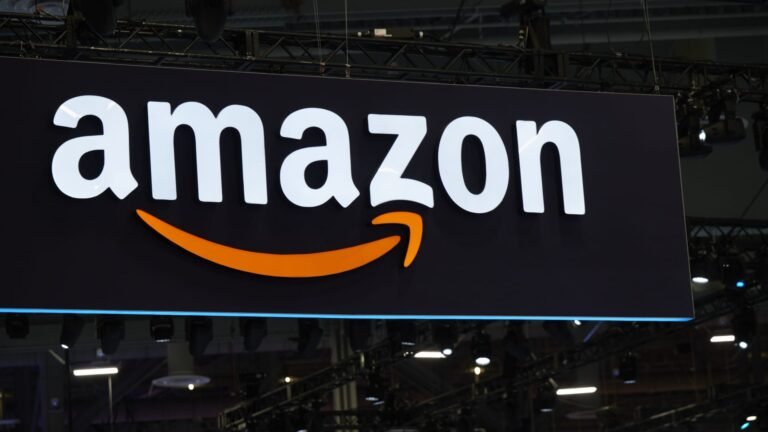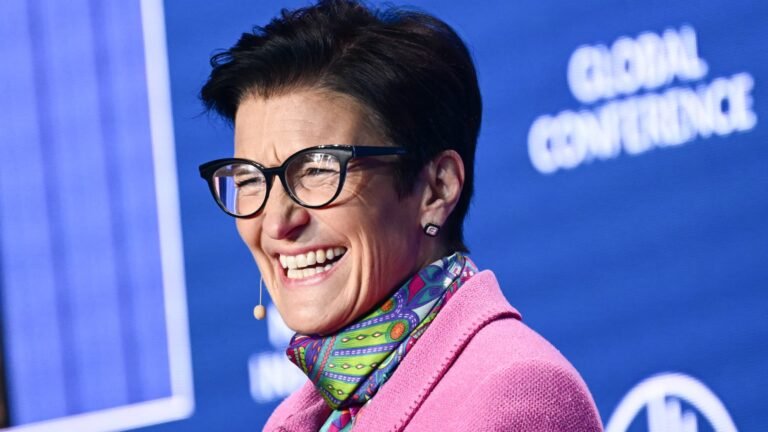
U.S. consumers could face price hikes if President-elect Donald Trump proceeds with a plan to impose import tariffs, experts stated on Tuesday at CNBC’s Financial Advisor Summit. Erica York, a senior economist at the Tax Foundation, highlighted that tariffs, which are taxes on imported goods, are typically paid by U.S. companies importing those goods. Consequently, businesses might increase prices for consumers to offset tariff expenses. Moreover, tariffs could impact business profits, potentially leading to reduced returns for shareholders and influencing companies to limit wage increases or job opportunities for workers, according to York.
During an NBC News interview on December 8, Trump reiterated his intention to implement tariffs as promised during his campaign, acknowledging the possibility of increased costs for U.S. households. Trump had previously imposed tariffs on various products such as washing machines, solar panels, steel, aluminum, and Chinese goods during his first term, with many of these tariffs maintained by the Biden administration. Trump has proposed broader tariff measures for his second term, including universal tariffs of up to 20% on all trade partners and at least 60% on Chinese goods.
An analysis by the Tax Policy Center in October estimated that such policies could raise costs by $3,000 for the average U.S. household by 2025. Marianela Collado, CEO of Tobias Financial Advisors, noted that low- and middle-income households, already facing financial constraints, would likely bear the brunt of these tariffs. Trump also pledged to impose 25% tariffs on Canada and Mexico in November if they did not address issues related to drug trafficking and migration across the border.
The implementation of tariffs remains uncertain, including the specific countries and products that may be targeted. There are doubts about Trump’s authority to unilaterally impose universal tariffs, as pointed out by York. Some experts believe that Trump’s tariff proposals are strategic negotiation tactics rather than definitive policies. David Zervos, chief market strategist at Jefferies, suggested that these tariffs could be leverage during negotiations with trading partners. However, others like Barbara Doran, CEO of BD8 Capital Partners, expressed concerns that these tariffs might be more than just negotiation tactics.
Tariff revenue could potentially offset the costs of a tax-cut package being considered by Republicans in Congress. Trump nominated Jamieson Greer as the U.S. trade representative, who previously served as chief of staff to Robert Lighthizer, Trump’s former trade representative known for implementing tariffs in the first term. Doran emphasized the unpredictability of the situation, describing tariffs as a significant unknown factor.




